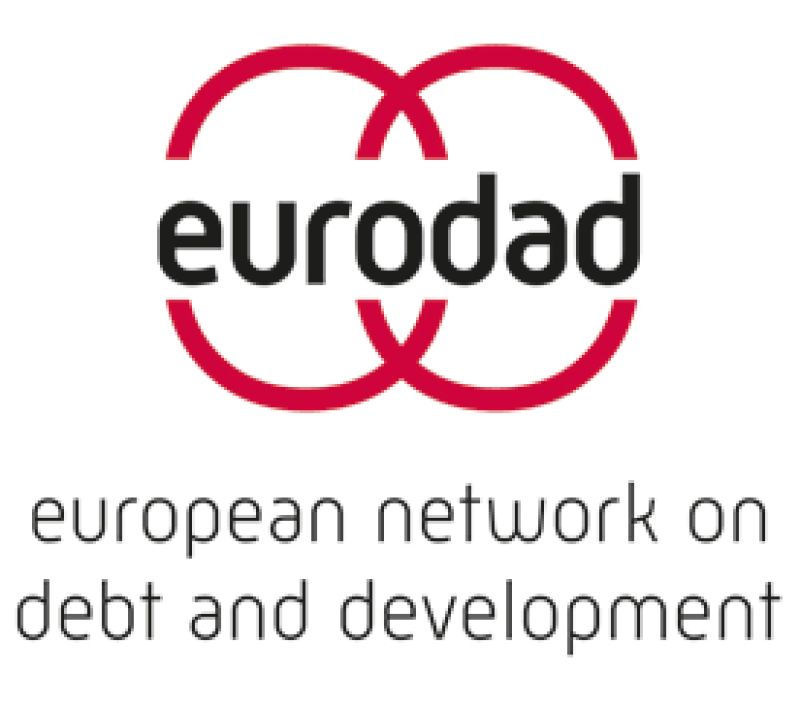
|
For Eurodad, impact is not about achieving goals over a 12 month period. In fact, Tove Maria Ryding, the tax coordinator for the European network of non-governmental organisations that campaigns on debt and development issues – it is all in the name – is hesitant to talk about annual objectives. That is not to say the group did not achieve anything in 2014. It knows it was not going to accomplish all of their tax goals in 12 months. "We never thought it was a one year job," Ryding says. "We knew that was going to be a long march. We have very high ambitions."
If it is possible to pin down Eurodad's objectives for tax in 2014, they were centred on an alternative to the BEPS project, representation for developing countries in negotiations on the international tax system and steps towards tax transparency.
"We need to have a recognition that we need to have global tax reform, to ensure the world's poor have a say in global tax policies and to achieve tax transparency. We need to reach the public and reconnect with them," Ryding says. "The BEPS project was always only going to be a tiny step against avoidance. We need to look beyond BEPS. If BEPS can bring us a few steps forward, then fine, but there's still a long way to go."
But it is not just about engaging the public, as far as Eurodad is concerned. There has to be political action too. "Our leaders need to say something, but I'm not sure they realise they need to do something as well. They haven't delivered," says Ryding.
Eurodad is particularly pleased with the strides that have been taken this year on transparency. "We have to see what's going on," says Ryding. Country-by-country reporting (CBCR) for banks in the EU was a very important victory and thanks to journalists and those who have leaked information, we've got a chance to peek into how the tax system works. Developments like LuxLeaks only make it more visible why we need global tax reform." EU Capital Requirements Directive IV requires annual disclosure by banks of profits, taxes and subsidies in different jurisdictions from January 1 2015. It also requires disclosure of return on assets in the annual report.
And Eurodad's reports, with to-the-point titles such as "Hidden profits: The EU's role in supporting an unjust global tax system 2014" and "Going offshore: How development finance institutions support companies using the world's most secretive financial centres" have sought successfully to raise the awareness of their tax justice campaign with politicians, administrators and the public.
Ryding confronts the question of whether developing countries need more help to build their capacity to collect tax or to exchange information with other jurisdictions. She says the problem is the existing international tax system: "When tax policies are not designed to benefit you, you can have all the capacity building you want, it won't help, and exchange of information just won't work if it's based on reciprocity."
Eurodad's objectives in 2015 are about more of the same.
"We need tax justice and we need more MNCs to pay their fair share of tax," says Ryding. "We won't get all this done next year. This is the mission we're on."
She also has a view on this list in 2015: "I would like to see people from the countries in the developing world in the Global Tax 50. People have to have influence on the top 50."
The Global Tax 50 2014 |
||
|---|---|---|
Gold tier (ranked in order of influence) 1. Jean-Claude Juncker 2. Pascal Saint-Amans 3. Donato Raponi 4. ICIJ 5. Jacob Lew 6. George Osborne 7. Jun Wang 8. Inverting pharmaceuticals 9. Rished Bade 10. Will Morris Silver tier (in alphabetic order) Joaquín Almunia • Apple • Justice Patrick Boyle • CTPA • Joe Hockey • IMF • Arun Jaitley • Marius Kohl • Tizhong Liao • Kosie Louw • Pierre Moscovici • Michael Noonan • Wolfgang Schäuble • Algirdas Šemeta • Robert Stack Bronze tier (in alphabetic order) Shinzo Abe • Alberto Arenas • Piet Battiau • Monica Bhatia • Bitcoin • Bono • Warren Buffett • ECJ Translators • Eurodad • Hungarian protestors • Indian Special Investigation Team (SIT) • Chris Jordan • Armando Lara Yaffar • McKesson • Patrick Odier • OECD printing facilities • Pier Carlo Padoan • Mariano Rajoy • Najib Razak • Alex Salmond • Skandia • Tax Justice Network • Edward Troup • Margrethe Vestager • Heinz Zourek |
||









